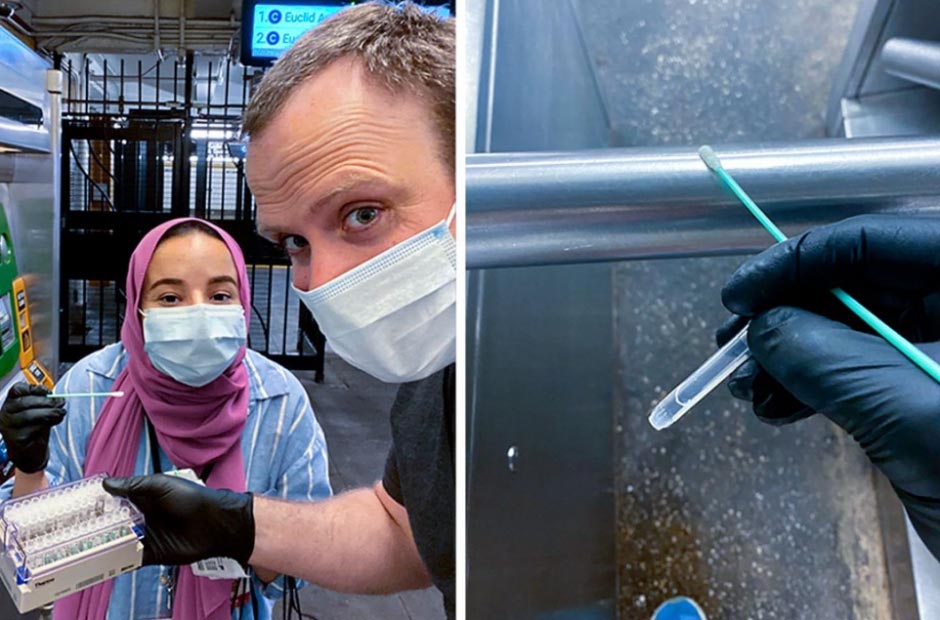Recently, we often hear about microbiomes – specific communities of bacteria and viruses that animals, including humans, have in their intestines. It turns out that they have a surprising effect on human health and participate in the functioning of organs to which one would not say it at first glance. According to a new study by an international team of experts, this is basically the same for cities.
Research leader Christopher Mason of Cornell University in the United States and colleagues collected samples with microbes on surfaces in public transportation and hospitals from 60 cities in 32 countries around the world. In the period between 2015 and 2017, there were a total of 4,728 samples.
When the researchers analyzed the samples and read the discovered genome sequences, they came across 4,246 known species of viruses, bacteria and archaea. In addition, they also discovered 10,928 species of viruses and 748 species of bacteria, which they did not find in any available database and are therefore new to science. The 31 species discovered were common to 97 percent of cities, and the remaining thousands of species formed specific microbiomes of each city. The results of research could be used in epidemiology, in the development of new drugs, and also in forensic medicine.
